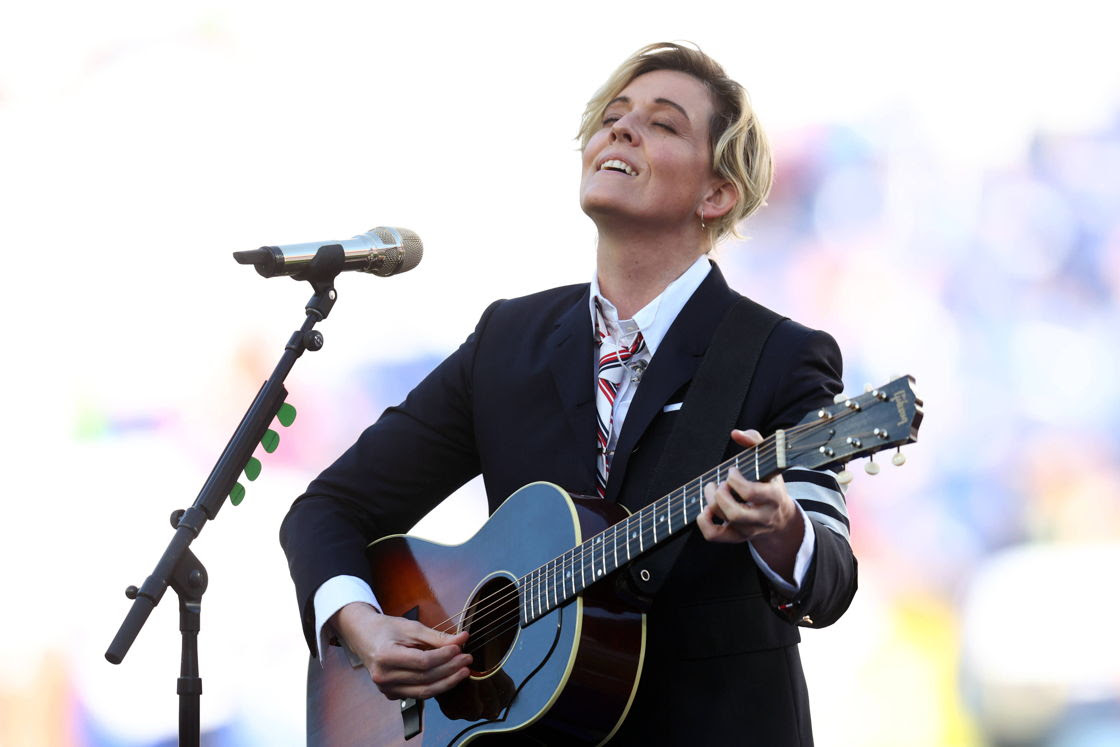MSTV, NAB urge establishment of test bed with certain protections
The professional video industry's #1 source for news, trends and product and tech information. Sign up below.
You are now subscribed
Your newsletter sign-up was successful
A government-proposed test bed used to evaluate the potential for interference from unlicensed wireless devices to licensed frequency users should be given the green light, provided that adequate measures are taken to protect existing spectrum users, such as television stations, according to a filing with the commission from two leading industry organizations.
In reply comments filed July 24 with the FCC and the National Telecommunications and Information Administration, the Association for Maximum Service Television (MSTV) and the NAB endorsed the establishment of the test bed and offered suggestions on how it should be used.
The MSTV in particular has long cautioned the commission and lawmakers to tread carefully in authorizing unlicensed devices to share or operate on bands adjacent to those used by broadcasters, warning that to do so could create an uncontrollable source of interference to television transmission, threatening consumer acceptance of over-the-air DTV. Additionally, it has said once such devices are in the hands of consumers, it will be too late.
The organizations cautioned the government that when selecting the test bed location, it should designate several spectrum bands so “experiments can occur in a variety of propagation environments."
The groups urged the government to establish procedures to authorize experiments in the test bed that are “designed to achieve reliable, verifiable results” and avoid interference with incumbent spectrum users.
In the joint MSTV-NAB filing, the organizations called for the test bed to be used to evaluate “smart” and “cognitive” technologies, which are seen by advocates as a way to mitigate interference to incumbents from unlicensed devices. The trade associations agreed with the comments of other filers that the test bed can provide a “comprehensive evaluation of such technologies prior to allowing their widespread introduction into licensed bands.”
Quoting Robert Hubbard, president and CEO of Hubbard Television Group, who testified before a Senate hearing on wireless issues and spectrum reform, the filing said the “unsubstantiated promises of unlicensed device advocates cannot substitute for hard, scientific data.” The test bed experiments can be designed to collect such data.
The professional video industry's #1 source for news, trends and product and tech information. Sign up below.
To read the filing in its entirety, visit: www.mstv.org/docs/06724reply.pdf.
